The program in public schools of Germany with GLS
09.08.193043
For whom the exchange program in the public schools of Germany designed?
The short program in the public schools of Germany also referred as the international exchange program, has been created for high school students of the age 14-18 who learn German to promote language learning and have deep experience in the culture of the country and studying in secondary schools of Germany.
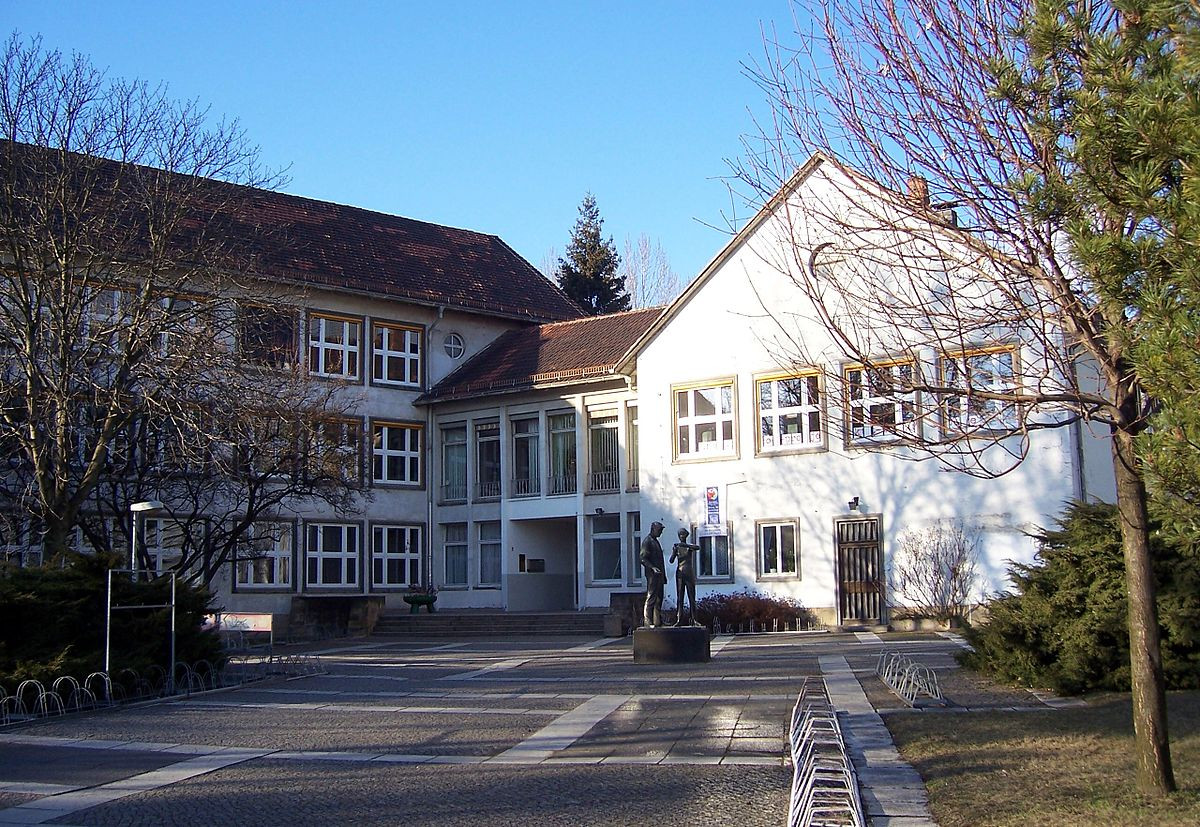
Despite the name "international exchange programme", the program does not provide free accommodation through the exchange of children between families and Nations. It means a cultural exchange, when the children bring their culture to the host family and the school, in return for the cultural experience of the country in which they are traveling.
The children will live in a German host family attending the public school, where, in addition to 6-10 German lessons per week they would also participate in other disciplines, according to the schedule of the class in which they are placed by age and prior academic knowledge.
The program accepts children who know the German language of at least A2 and have the motivation to try themselves in a foreign school, the willingness to live with a host family.
The program can be started at any time of the year, as depending on the land German schools vary the dates of their holidays. At the same time, families have to apply in advance, as the process of selecting the school and the host family, with further paperwork, will take 4 to 6 months. The program up to 3 months might proceed faster as does not require the opening of the national visa.
Duration of an exchange program at a state school in Germany.
A minimum stay as a guest student at the school is for 2 months and a maximum for11 months. If the level of the German language prior to participation in the program has not reached the level A2, which has to be confirmed by online test, children are placed in language school GLS in Berlin, also with family accommodation. German Language Program in Berlin is for 1-3 months and created just for students who want to participate in the exchange program with GLS.
Because the participation it the program can be a maximum for 11 months, it does not allow international students to finish school in Germany and receive a certificate of completion of the German school (Abitur). To obtain the Abitur certificate, students must have successfully completed the last 3 years of high school in German. According to the legislation, public schools are not allowed to teach international students not from the EU, if the school does not provide dormitories and take all responsibilities for such children. To be more precise, in Germany there are public boarding schools where you pay only for the accommodation but seats for non-residents of the European Union are so limited, that makes it almost impossible. Providers that offer international exchange programs for high school students, work only with the same schools and host families year after year, to place exchange students who come coming into the country to improve language skills and to experience education in another country and do not enroll in public schools for their graduation.
In which cities the program is offered.
GLS places only to schools where they already established relations. Today such schools exist in eight German cities. When applying, the family can choose a specific city of the proposed, or agree to any city, where there is a place in the program that will be faster and a bit cheaper.
Information on the cities where there are schools GLS:
Bayreuth, 88.000 inhabitants.
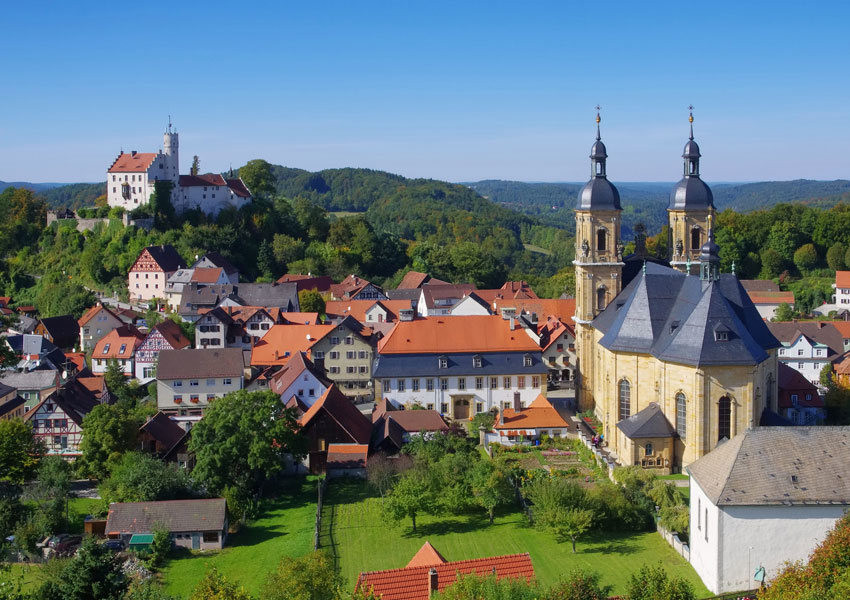
A small town in the South of Germany, in Bavaria, which has its own University. Bayreuth hosts the annual festival of Richard Wagner. The festival gathers the cultural stratum of German society. Beautiful panoramic views of the surrounding area attract active people.
Berlin 3.500.000 inhabitants.
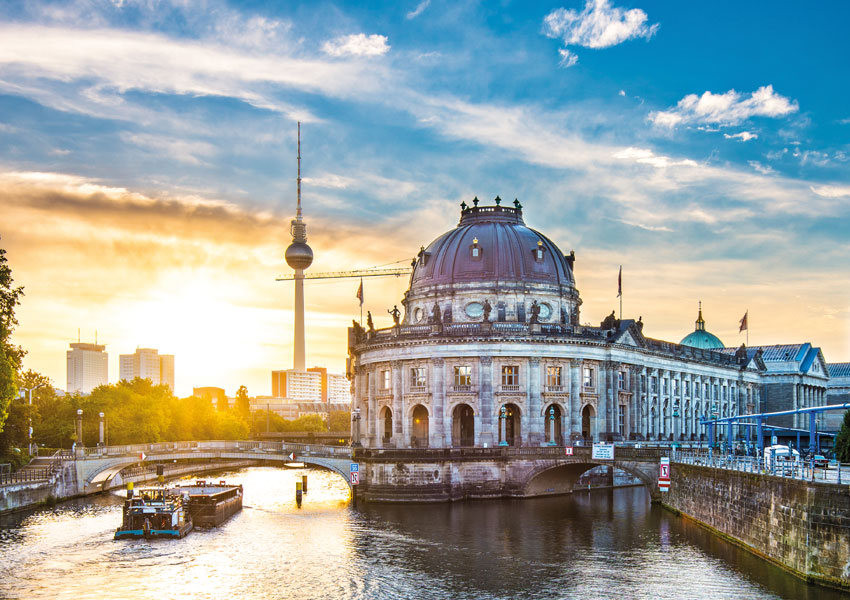
Despite its multi-nationality, the German capital is one of the safest cities in Europe. In Berlin you will always find something to do: numerous parks, rivers, lakes, excellent schools, many with the possibility of additional classes in art, sport, scientific clubs. In addition, GLS language school is in Berlin, so the students of the exchange program will be able to join the excursions and activities organized for language students.
Bremen 550.000 inhabitants.
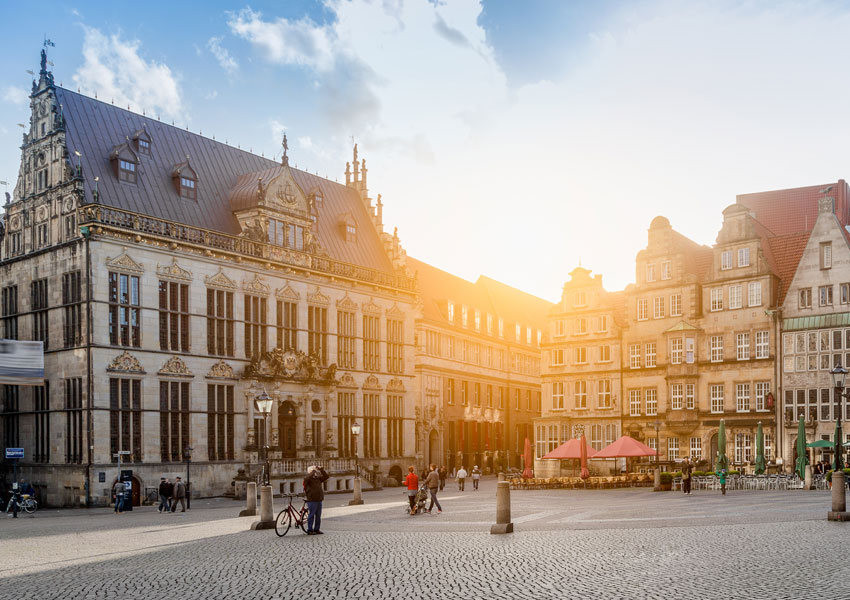
Located in the North of Germany, only 60 km from the North Sea, Bremen is a perfect choice for those who love the big city and walking. With its ten universities, Bremen is a very nice and cozy town.
Hamburg, 1.900.000 inhabitants.
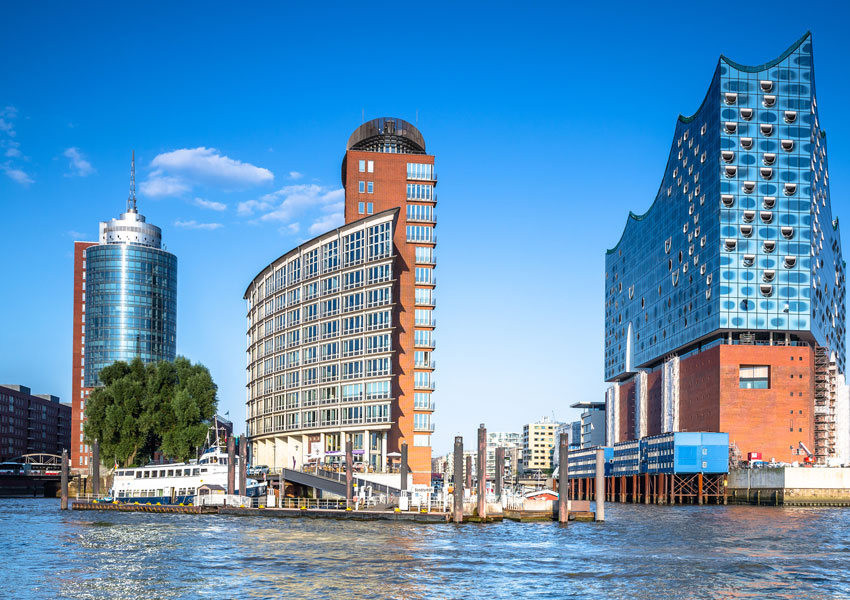
Multi-cultural Hamburg – very reminiscent of the atmosphere of Berlin, but this city more elegant and richer. If you want to live by the sea and feel the culture of the port city, Hamburg is the ideal the place for you.
Koblenz, 100,000 inhabitants.
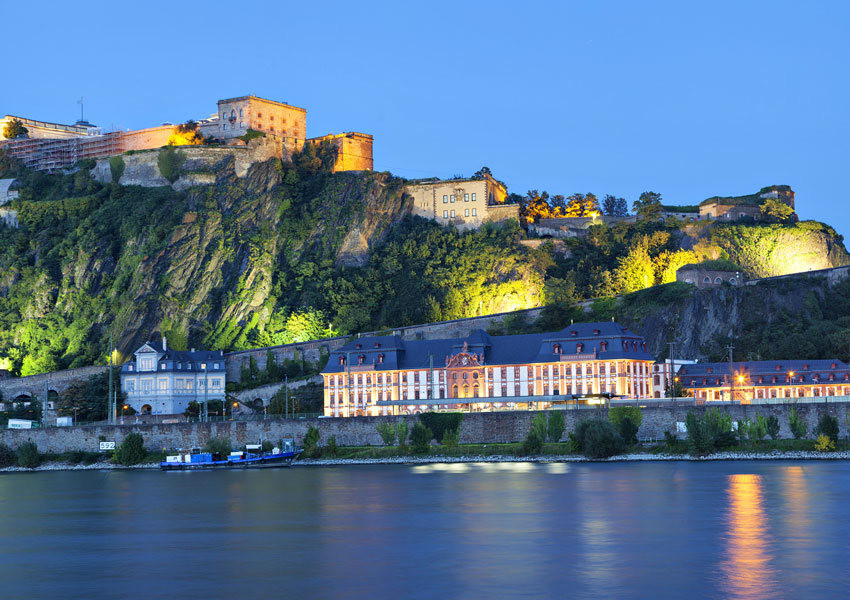
Koblenz is one of the oldest cities of Germany, belonging to the UNESCO heritage. Romantic city on the banks of the Rhine and Moselle will delight students who enjoy the rich culture, history and natural beauty.
Lubeck, 216.000 inhabitants.
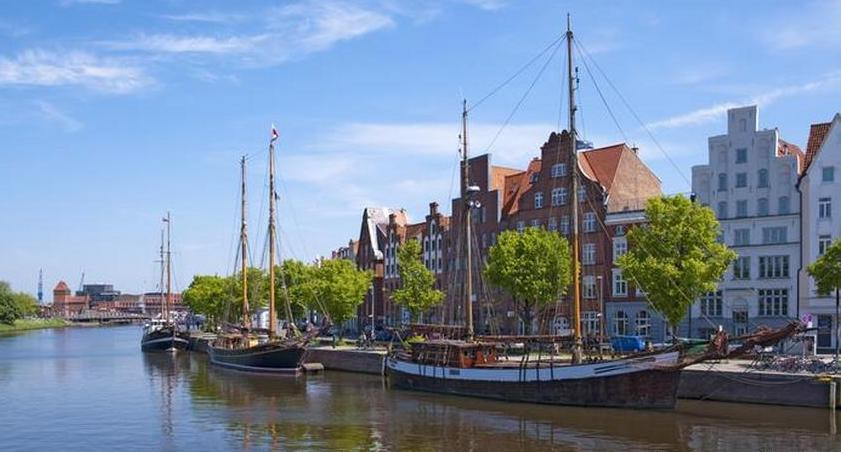
A beautiful city at the Baltic sea lübeck – the scene of many novels of the writer Thomas Mann, who lived in this city. The old town is part of UNESCO world heritage. Near the city you will find beautiful beaches. Lubeck is also known for its marzipan and Christmas bazaars.
Minden, 80.000 inhabitants.
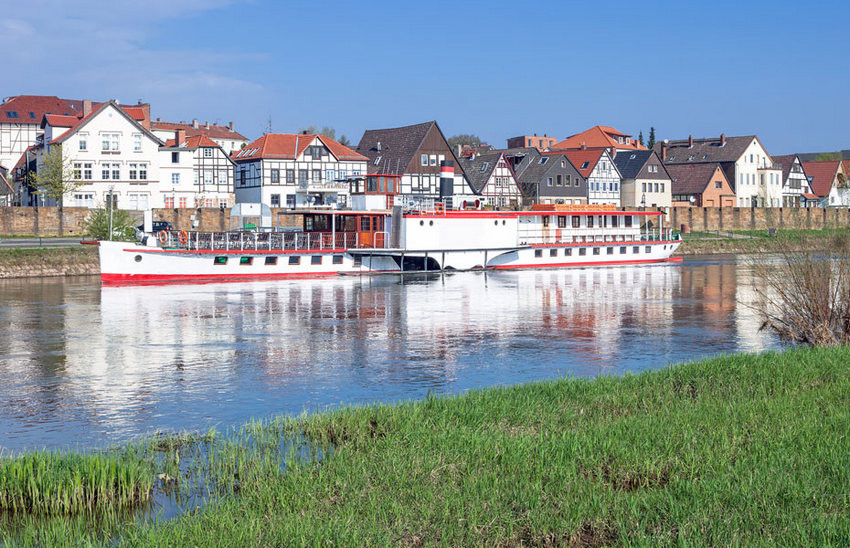
Minden is a small German city on the Weser river, near Hanover. In the charming centre of Minden you will find many preserved historic buildings. This city is the perfect choice for fans of cozy and charming German towns.
Nurnberg, 500,000 inhabitants.

Nurnberg is a city in Bavaria with 12 universities, colleges and an art school. It's a big city, but with a very relaxed and friendly atmosphere. In Nurnberg you will find a very rich cultural life.



















